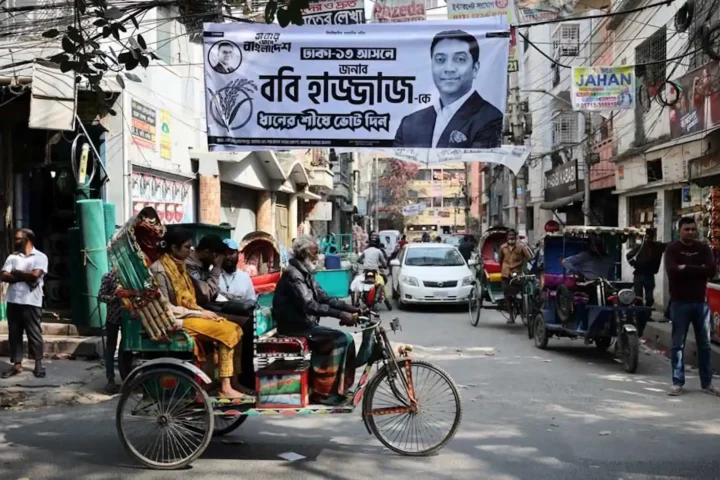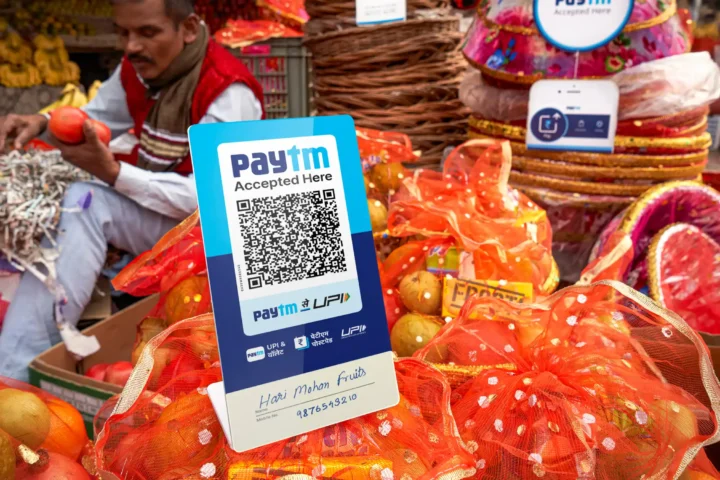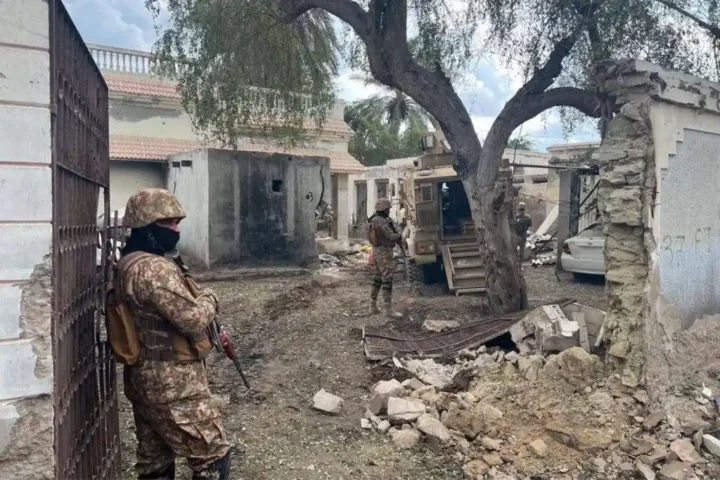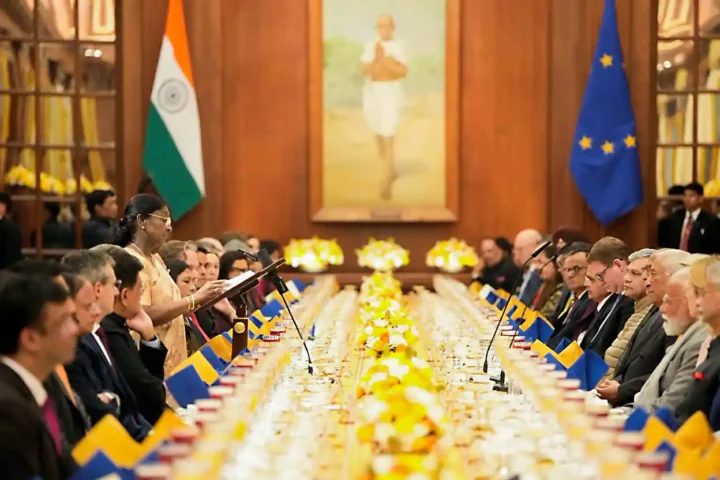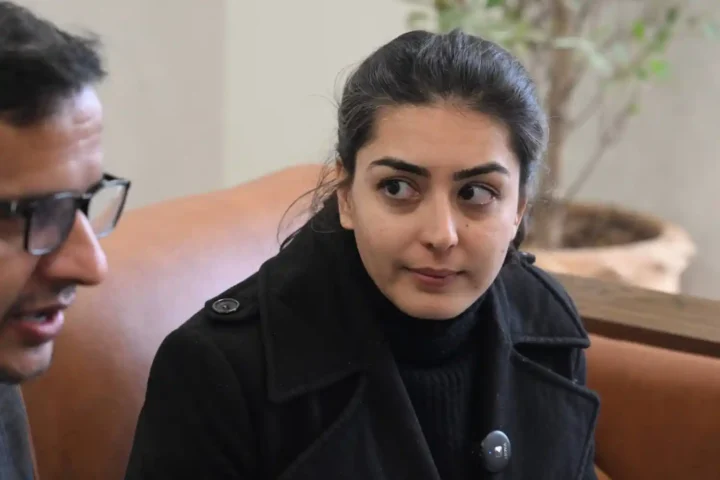When former President Rodrigo Duterte was arrested in March under an International Criminal Court warrant, his political machinery did not mobilize in the streets—it mobilized online.
Within hours, a tidal wave of pro-Duterte propaganda swept across social media. Videos, memes, and even AI-generated “Ghibli-style” images of Duterte flooded X and Facebook, painting him as a victim—a frail old man unjustly jailed by political enemies. But much of this outrage wasn’t real.
According to independent analysts, a significant portion of these pro-Duterte accounts were fake—part of an elaborate network of inauthentic profiles designed to distort public opinion ahead of the May midterm elections.
This is not just a story about domestic politics. It’s about the Philippines becoming a testing ground for modern information warfare.
A Petri Dish for Disinformation
The Philippines has long been fertile ground for political manipulation online. The same Cambridge Analytica network that helped propel Donald Trump in 2016 first cut its teeth in the Philippines, harvesting Facebook data to engineer Duterte’s presidential victory that same year.
Almost a decade later, the tools of manipulation have evolved. Generative AI, deepfakes, and sophisticated influence operations are now shaping political narratives at lightning speed.
Researchers at Doublethink Lab, a Taiwan-based think tank, and its partner ThinkFi found that many pro-Duterte accounts pushing anti-Marcos narratives were also amplifying content favorable to Beijing. While there is no smoking gun linking China directly to these operations, the fingerprints are familiar—coordinated seeding of narratives through propaganda outlets, the use of AI-generated imagery, and what analysts call “foreignness” in account behavior.
The Philippines has effectively become “patient zero” for the global disinformation epidemic, says Janina Santos of Doublethink Lab. And Beijing seems to be watching closely.
China’s Shadow in Philippine Politics
Why would China care about Duterte’s political fortunes? The answer lies in the South China Sea.
During his presidency, Duterte forged closer ties with Beijing, downplaying maritime disputes in favor of Chinese investment and joint energy exploration. President Ferdinand Marcos Jr., on the other hand, has taken a sharply different stance, challenging China’s territorial claims and strengthening security ties with the United States.
A Philippine National Security Council official recently admitted there are indications of Chinese-backed information operations attempting to prop up candidates Beijing favors. Whether that influence actually changed votes is harder to prove—but the narrative shift was undeniable.
Marcos’s approval ratings took a hit after Duterte’s arrest, thanks in part to viral misinformation framing the arrest as a “kidnapping” orchestrated by the Marcos administration.
Deepfakes and Red-Tagging
Disinformation in the Philippines is not just about foreign influence. It has also become a weapon against domestic critics.
Deepfakes targeting Marcos have circulated widely, including a fabricated audio clip where he allegedly orders a military strike against China and a fake video implying drug use. But pro-government accounts have also weaponized altered images to smear progressive politicians as communist rebels—a dangerous tactic in a country where “red-tagging” can get people killed.
Despite Marcos’s promises to end such practices, the National Task Force to End Local Communist Armed Conflict continues to push this narrative, often using the same disinformation playbook perfected under Duterte.
The Battle Ahead
The May midterm elections showed mixed results: pro-Duterte candidates won nearly half of the contested Senate seats, but his allies also lost ground locally. Whether online propaganda directly changed election outcomes is still up for debate.
But the bigger concern is long-term: the normalization of disinformation as a political tool. With cheap and increasingly convincing AI tools at their disposal, bad actors—whether domestic or foreign—can now flood public discourse with lies faster than fact-checkers can keep up.
If the Philippines was once a “petri dish” for Facebook-era propaganda, it is now a laboratory for AI-powered political warfare. And the rest of the world should pay attention—because what happens in Manila today could happen anywhere tomorrow.


